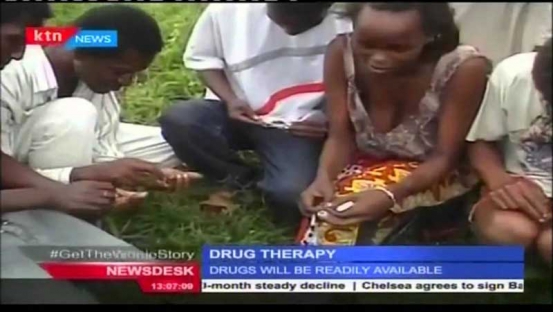
If there is one thing that Kenya is not short of – it is drug and alcohol addicts. Often, as we drive by, we think, 'Angalia huyo mlevi' (Look at that drunkard). More often than not, the drunkard is a man. But there are those days that you see a woman, and if you are like me, your first thought is, 'How can a woman let go of herself like that?'
Being judged by others is something that addicts experience regularly. While society anecdotally agrees that judgement should not be passed on anyone unjustifiably, it is rare that we actually practice what we preach. Compared to a few years ago, the stigma of addiction seems to be slowly fading away, especially against women. Not that it is worse for a woman to be trapped in addiction – rather, it just isn't treated as important as male addiction.